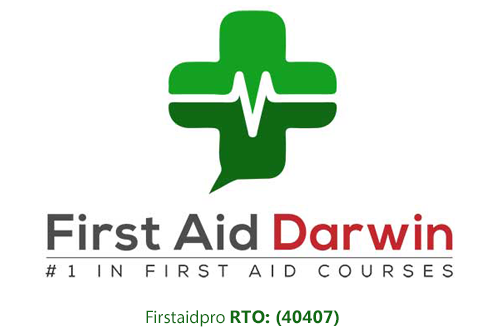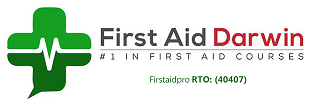With the Spring months approaching, we are sharing our expertise on allergies and how you can manage their symptoms and causes.
What are Allergies?
Allergies are the immune system response to things that are typically harmless to most people. When you are allergic to something, the system will mistakenly believe that this substance is causing harm to the body.
The substances that cause allergic reactions are known as allergens. The most common allergens are foods, dust, plant pollen, or certain medications. Most allergens are everyday substances that do not typically cause harm to people. However, any substance can present as an allergen if the person’s immune system has a specific adverse reaction to it.
In this blog, learn about the symptoms, types, and first aid treatment for allergies.
Allergy Symptoms
An allergic reaction typically causes inflammation and skin irritation. However, the specific symptoms will depend on each individual and what type of allergen they are exposed to.
Below are some of the symptoms that may come with an allergic reaction.
- blocked or congested nose
- itchy eyes and nose
- swollen and watery eyes
- coughing
- vomiting
- swollen tongue
- tingling in the mouth
- swelling of the lips, face, and throat
- stomach cramps
- shortness of breath
- a sudden drop in blood pressure
- chest tightness
Types of Allergies
Allergies are a major cause of illness in Australia. Around 4.1 million Australians, including millions of kids, have some type of allergy. In fact, allergies cause thousands of missed school days each year.
Hay Fever
Allergic rhinitis or hay fever is the most common form of non-infectious allergy, usually from pollen. A person with hay fever will experience symptoms in late July or August where the weather is warm, humid and the pollen count is at its highest.
Symptoms of hay fever include uncontrolled sneezing, itchy eyes, and a runny nose. While there is no permanent cure for hay fever, you can relieve the symptoms by taking antihistamines and other over-the-counter (OTC) medications.
Food Allergies
A food allergy refers to a condition where exposure to certain food triggers an allergic reaction or harmful immune response. There are approximately more than 170 food types reported as allergens. However, there are eight major foods responsible for the most serious reactions. These include eggs, milk, peanut, tree nuts, wheat, soy, fish, and shellfish.
While reactions to food allergens are mostly mild, some cases can be severe and result in anaphylaxis.
Other Types of Allergies
Venom allergy is another common allergy for many Australians. These occur when one happens to be allergic to bee stings, wasp stings, and other insect bites.
The localised reaction for a food allergy includes swelling around the bitten area. Other systemic reactions include swelling of the throat and mouth, difficulty swallowing, large hives on the skin, and abdominal cramps.
Allergies & Anaphylaxis
Anaphylactic shock, otherwise known as anaphylaxis, is a severe life-threatening reaction to a trigger where medical help is needed immediately. People with a history of anaphylaxis or severe allergies will often be given adrenaline or an EpiPen to carry with them at all times. If left untreated, these can develop and worsen quickly. Prompt first aid treatment for anaphylaxis is necessary.
Symptoms of anaphylactic shock include difficulty breathing, wheezing, rapid, irregular heartbeats, lightheadedness, clammy skin, and loss of consciousness. Be prepared to perform CPR if the person suddenly stops breathing.
Managing Your Allergies
If you have experienced anaphylaxis before or suffered from serious allergic reactions, there are things you can do to manage it. Prevent any future episodes by avoiding triggers and carrying an EpiPen and other medication with you at all times.
If you are prone to having hay fever, it may be difficult to avoid pollen triggers. Prevention means staying cooped up in your room for the Spring and Summer months, which is unavoidable. Make sure that you prepare by stocking up on antihistamines to avoid hay fever symptoms.
Do you suffer from allergies? Enrol in a First Aid Course and learn more about asthma and anaphylaxis management.








